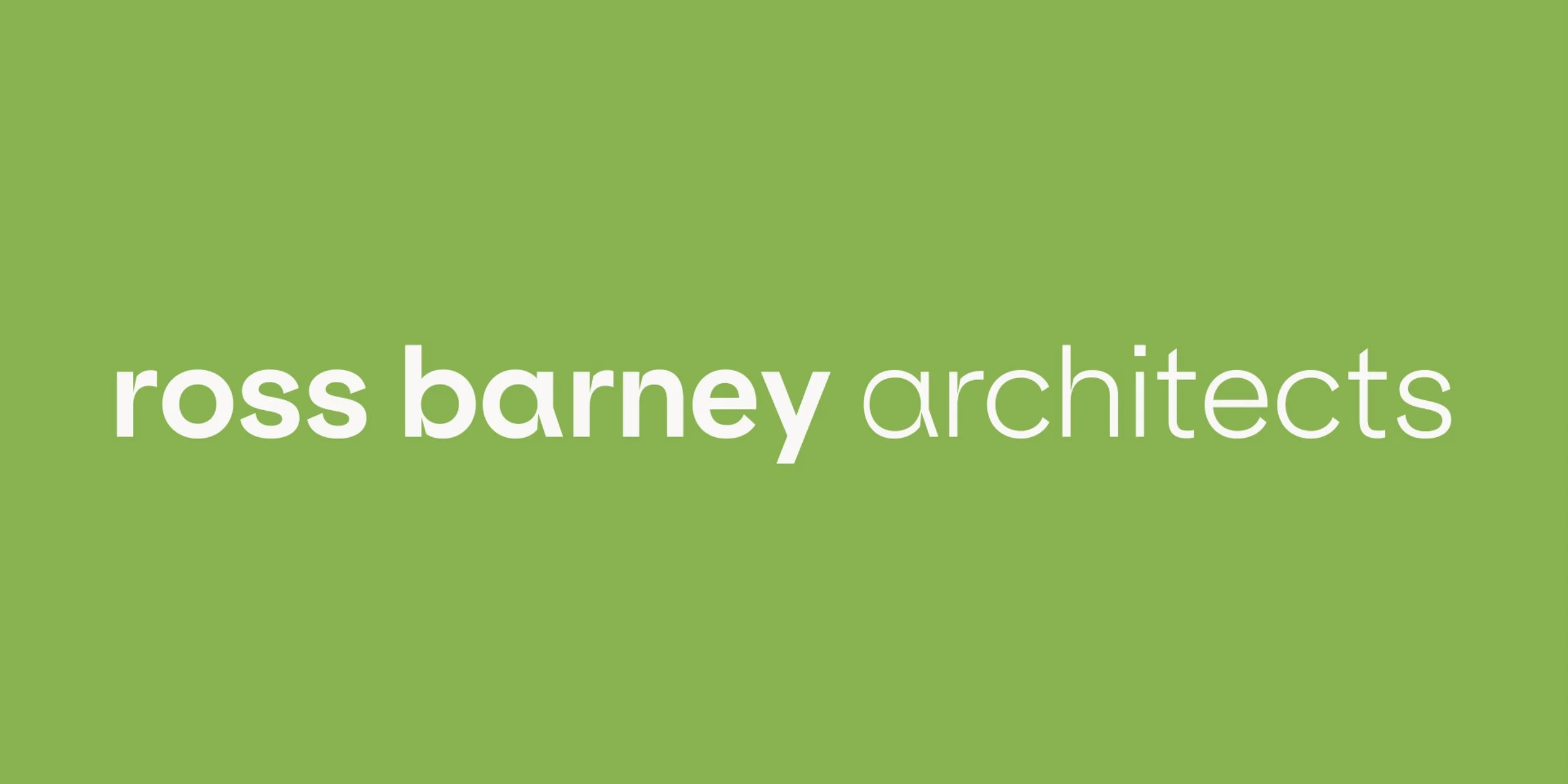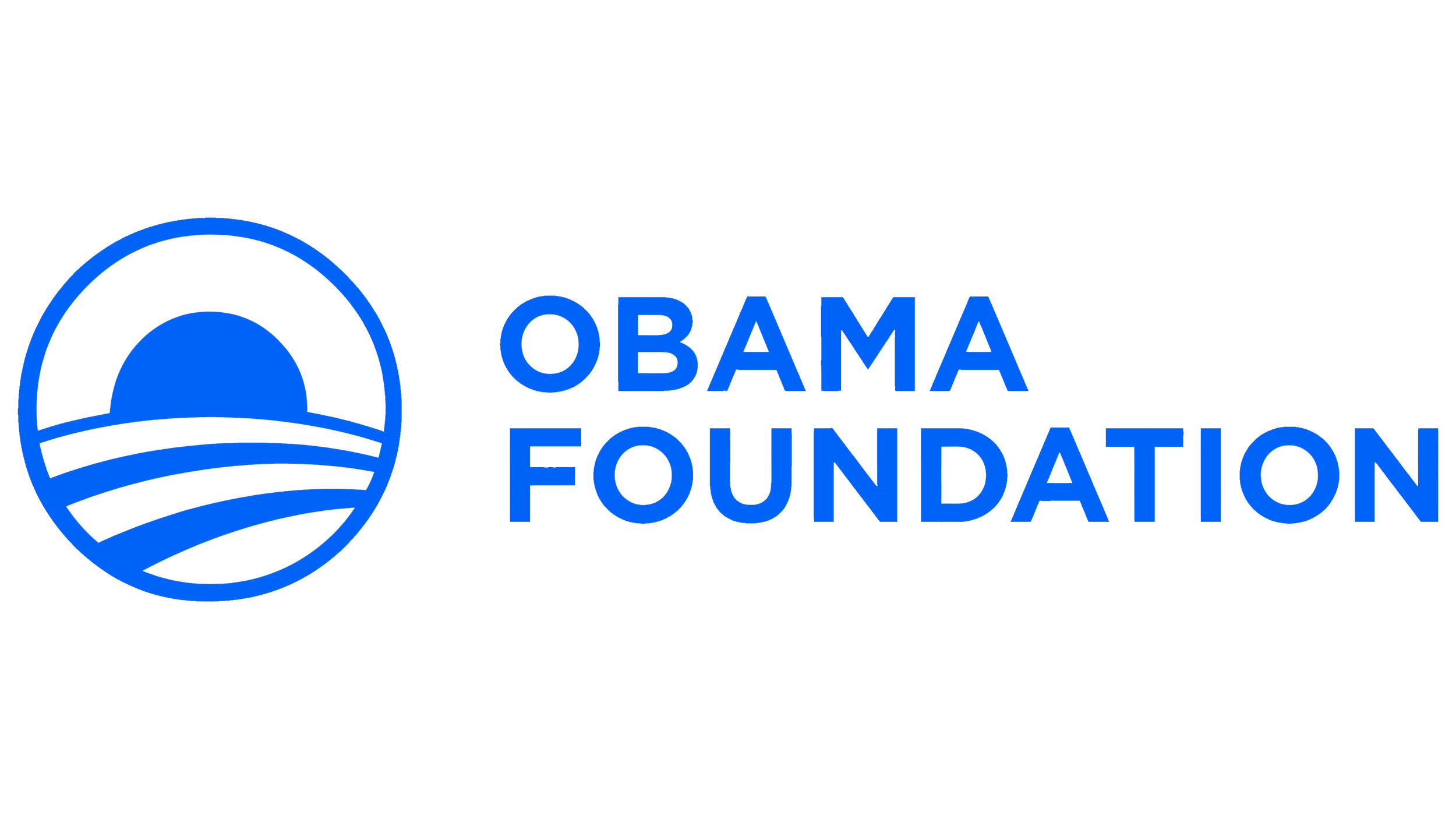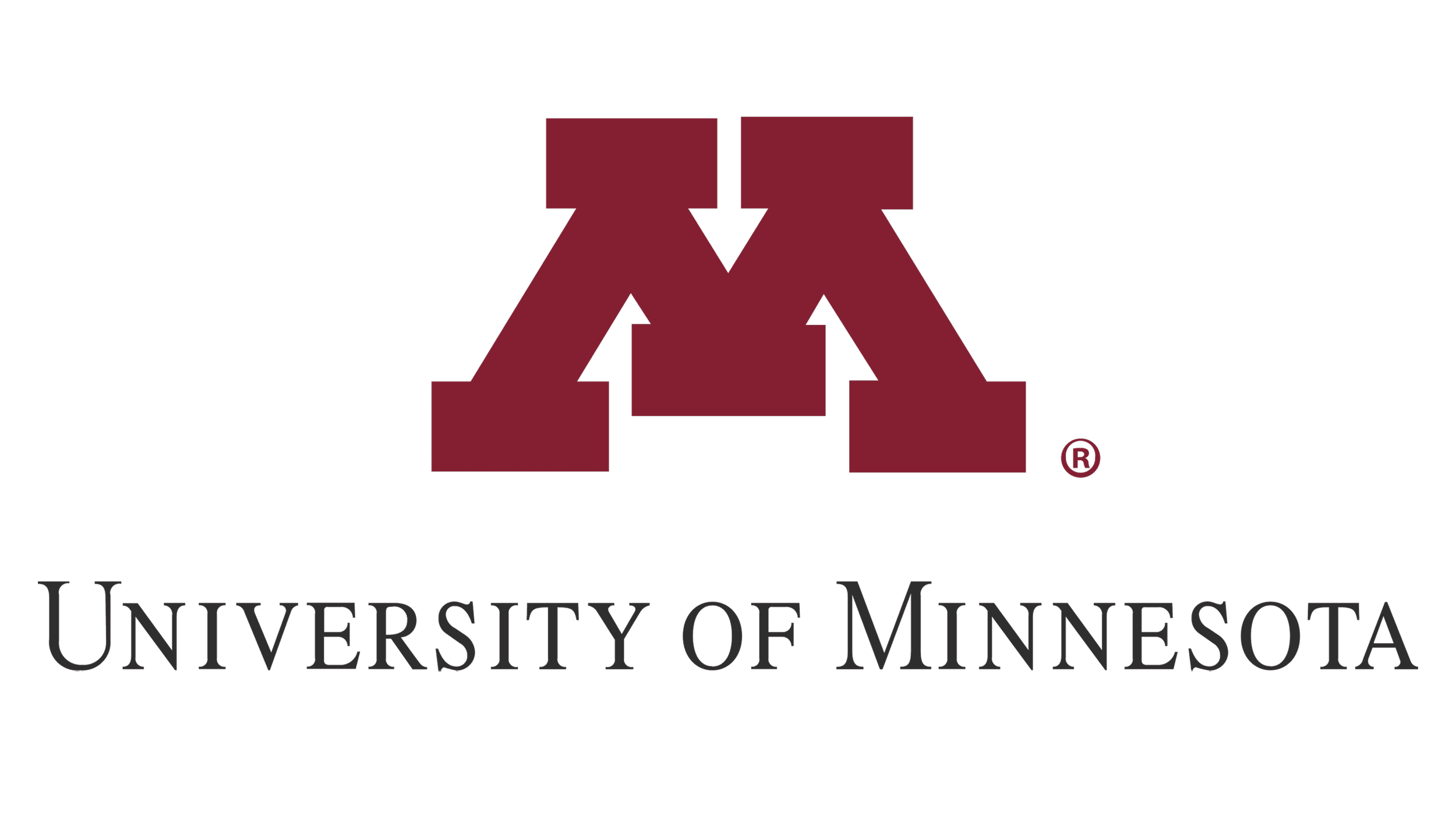
It all begins with an idea.
Great ideas, work, and stories, delivered memorably, are acts of generosity that can have immense impact on our communities, cities, and the world.
Filter by Tags
- Chicago 40
- Minneapolis 16
- Science 16
- Innovation 15
- Technology 13
- Community 12
- Equality 12
- Health 12
- Life 11
- Relationships 11
- Design 10
- Social Justice 9
- Youth 9
- Climate Change 8
- Mental Health 8
- Community Organizing 7
- Global Issues 7
- Psychology 7
- Sustainability 7
- The Arts 7
- Energy 6
- Personal Growth 6
- Urban Design 6
- Work 6
- Biotech 5
- Healing 5
- Transformation Stories 5
- Women 5
- AI 4
- Architecture 4
- Cities 4
- Communication 4
- Social Impact 4
- Violence Intervention 4
- WTTW 4
- Activism 3
- Brain 3
- Computing 3
- Humor 3
- Nanotechnology 3
- Quantum Physics 3
- Travel 3
- Accessibility 2
- Civic Design 2
- Climate Action 2
- Education 2
- Family 2
- Food 2
- Government 2
- Joy 2

Who's ready to engineer a world that works for all?
What would the world be like if the disability community designed it?" With this provocative question, Vanessa Harris opens a groundbreaking exploration of universal access.

How you react in 3 minutes can change your life
Three minutes can change your life. When young people are faced with a challenge, one wrong decision can affect their future. Youth Advocate Programs (YAP), Inc. and Brightpoint started Choose to Change™, a program providing Chicago youth with a neighborhood-based Advocate and trauma informed cognitive behavioral therapy, and it is producing positive results.

The Playbook for Creating Lasting Change
Mike Strautmanis has been engaging Chicagoans and stakeholders all over the country to learn how to create systemic impact to empower young leaders to give back to their communities and increase access to economic opportunity. He not only shares his story, but also how we can make a difference on each other and influence the next generation of leaders.

Want Better Health and Better Lives? Think Life Sciences.
We often hear stories about Chicago’s south and west side lacking resources that most of us take for granted and many feel as though there is no hope. A product of Chicago's south and west side, Dr. Suzet McKinney's work has taken her around the world, advising mayors, governors, federal officials and international governments. She shares her idea about the power of life science innovation hubs and how they could create sustainable economic development, minimize health disparities, and empower communities.

How everyday interactions shape your future
A few words can change the course of a life; they have the power to shrink, expand or transform someone's identity -- even your own. Social psychologist Mesmin Destin explores how everyday interactions and experiences play a powerful part in who we become, sharing the key moments and messages that can inspire us to grow into our best selves.

Honoring Indigenous Cultures and Histories
What happens to human beings when their culture and history are systematically erased? In this powerful account, psychology PhD candidate Jill Fish tells her story growing up as a Tuscarora woman in a world that fails to accurately acknowledge indigenous peoples’ cultures and histories. Integrating psychological theory and research with her personal and collective stories as a Tuscarora woman, Fish demonstrates the critical need to pay attention to the role culture and history plays in the present day lives of indigenous peoples through her model of human development – forcing individuals to see the legacy of settler colonialism and challenging them to do something about it.

Places and Spaces and the Behavior They Create
Can architecture bring people together and create community? Can it truly help people reach their full potential? Damaris Hollingsworth champions approachable and memorable spaces that are culturally relevant, accessible to all and committed to maximize human well being.

The Geography of Inequality
American cities were not always racially segregated. Minneapolis is no exception. But in the early 20th century, something called the ‘racial covenant’ began remaking the geography of cities across the country. These covenants were legal clauses that prevented people of color from owning or occupying property. And while covenants have been illegal for over a half-century, their legacy lives on. Today, Minneapolis has some of the worst racial disparities in the United States. In this talk, Kevin Ehrman-Solberg shows how these contemporary disparities are rooted in the spatial practices of the past.

The Poet Talks of Freedom
Join Tish Jones as she takes a deep dive into Spoken Word as a radical practice of freedom, critical dialogue, knowing and community building. Learn more about the increasingly popular form of expression and its function as a means of liberation for historically oppressed and marginalized communities. Most importantly, get free.

It’s okay not to be the center of the Universe
Playwright May Lee-Yang offers insights on the burdens placed on artists from underrepresented communities and how we can avoid (accidentally) censoring artmaking.

The Power of the Black Experience in the Classroom
Keith Mayes makes a compelling case for how the black experience in the classroom could have remarkable impact.

Why I Wear Purple
Active in the local, national and international arts scene, Andrea will pose the question: How do we center on our most marginalized people to see a new, more sympathetic society?






















